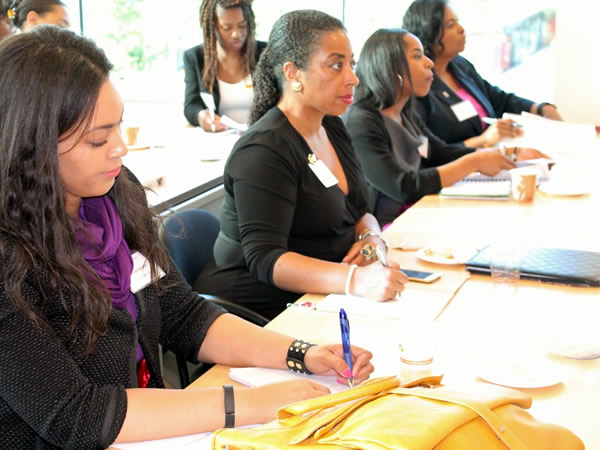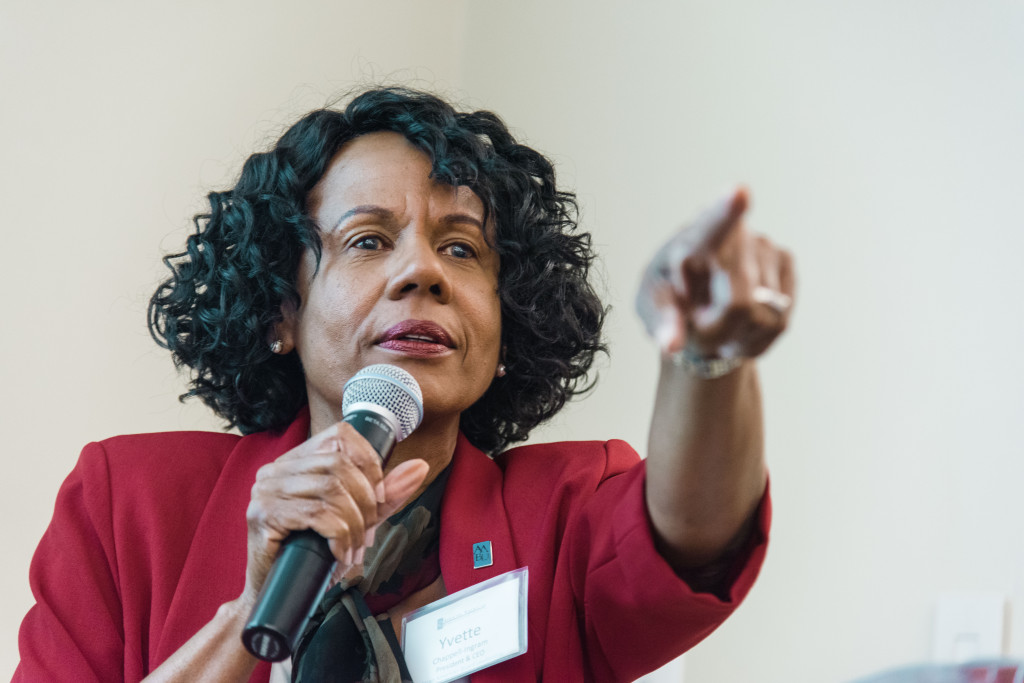
Changing the Face of Nonprofit Boards
Virgil Roberts, the Los Angeles attorney and noted civic leader, was a frequent panelist and speaker for the California Legislative Black Caucus Foundation from 2008 to 2010. At the same time he found he was consistently being asked to serve on boards -- so many that both he and then-president of the foundation, Yvette Chappell-Ingram, grew concerned: if there weren’t enough peers to be tapped for board service now, they reasoned, what would happen in the future?
‘‘We both realized our generation of boomers had done a poor job of preparing the next generation for board leadership positions,” Chappell-Ingram recalled. “It led to a lot of conversations, a lot of brainstorming about what we might do about the issue.”
A few years later, Roberts and Chappell-Ingram officially launched the African American Board Leadership Institute (AABLI). The mission of the project is straight-forward: develop a pipeline of qualified African American candidates to serve on governing boards -- nonprofit, for-profit or public commissions.
“We think more diverse boards will speak to the needs of the community better,” says Roberts. “Our country is facing a profound demographic shift to a growing non-Anglo population…new perspectives are needed to solve our most difficult problems.”

They started out under fiscal sponsorship with Community Partners so they could more comfortably test out their concept. “That was a no-brainer,” says Chappell-Ingram. “It was the ideal way to operate while we were figuring this thing out…and it continues to be.”
Since 2012, a total of 367 people have gone through AABLI’s two-day board leadership training. About 86 participants have been placed on a wide range of nonprofit boards, including the Marlborough School, Center for the Art of Performance at UCLA, and Southern California Public Radio. Many others go on to secure board seats on their own. Programs focused on leadership training and career development also are offered during the year.
“This is a much needed organization and I thoroughly enjoyed my experience,” said Bonnie Boswell, a producer for PBS who is a new member of the Community Partners Board of Directors. “AABLI gives African Americans a better understanding of work that's done behind the scenes to support profit and non-profit ventures and is helping our community have a seat at the table where important decisions are made.”
AABLI, the only project of its kind in the country, was embraced almost immediately, says Chappell-Ingram. “I knew we had something good going right from the start,” she recalled, “when we helped our first group of participants secure 15 placements.” Organizations appreciate having a reliable source for good candidates and participants offer high marks for a curriculum that helps empower them as leaders and offers a new angle on career development.
“This is a much needed organization and I thoroughly enjoyed my experience,” said Bonnie Boswell, a producer for PBS who is a new member of the Community Partners Board of Directors. “AABLI gives African Americans a better understanding of work that's done behind the scenes to support profit and non-profit ventures and is helping our community have a seat at the table where important decisions are made.”
Opening doors to public boards and commissions is the current focus for AABLI as they develop new curriculum and recruit new trainers. “We’re learning a lot about this arena,” says Chappell-Ingram. This is a way for people to really have impact on the welfare of our cities.”

